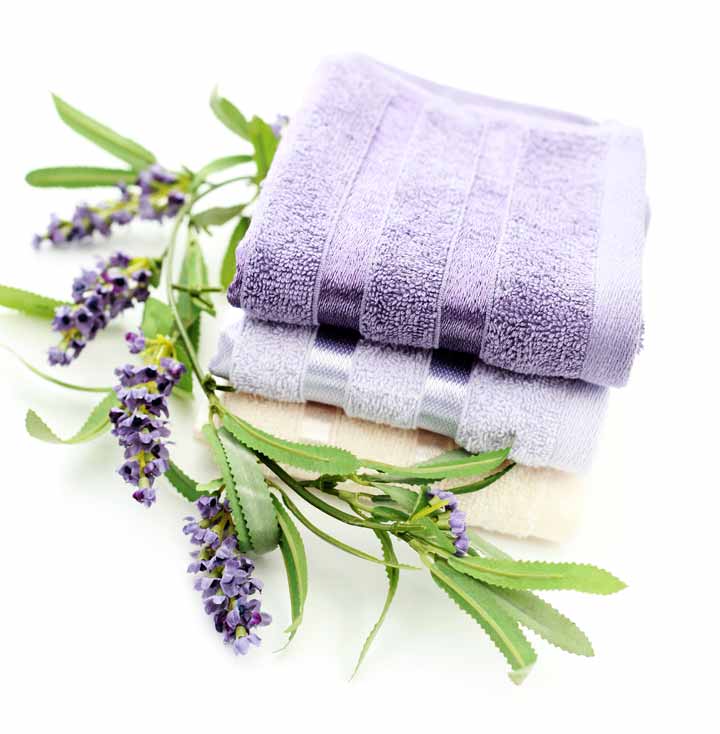LOOKING TO GET BETTER SLEEP
Getting enough sleep is essential for overall health and wellbeing. So let’s explore the consequences of not getting enough rest. Not getting enough sleep can have serious implications for your mental health. Studies have linked inadequate sleep with depression, anxiety, irritability and even suicidal thoughts. In addition, lack of sleep can lead to impaired concentration and memory lapses which can make it difficult to stay focused or remember important information.
Lack of sleep can also negatively impact your physical health. Studies have found links between inadequate sleep and an increased risk of heart disease, stroke and diabetes. In addition, those who do not get enough rest frequently suffer from headaches, fatigue and digestive issues. Furthermore, lack of sleep makes you more susceptible to illnesses like the common cold or flu as your immune system is weakened without proper rest.
Finally, one of the most dangerous consequences of inadequate rest is an increase in accidents and injury due to impaired judgement and reflexes. Studies have shown that people who do not get enough quality sleep are more likely to be involved in car accidents as well as workplace injuries due to their slower reaction times and difficulty concentrating on tasks at hand. This can lead to costly medical bills and time off work in order to recover from any injuries sustained as a result.
Not getting enough quality sleep can have serious repercussions on both your mental and physical health as well as increase your risk for accidents or injury due to impaired judgement or reflexes. It is important to prioritize your sleep by getting the recommended 7-8 hours per night so that you can maintain optimal health and wellbeing!
1) BEDTIME ROUTINE & ALARM
One of the first tips is to set an alarm to go to bed at night rather than an alarm to wake up in the morning. I discovered this little trick from my son and daughter-in-law. They have a set time to prepare my granddaughter for bedtime. Having a set time and a routine around bedtime lets your body know it is time for bed. Typically, you should choose a time about 6 to 8 hours prior to your desired wake up time. For example, if you need to wake up at 6:30 am you should set a bedtime routine alarm for about 10:30 pm an hour before your bedtime of 11:30pm. This means turning off the TV, phone, and any electronic devices, etc. and preparing for bed by having a routine. My granddaughter gets a bath, pj's on and a story for her bedtime routine. You may find you wake up well rested without having to tap the snooze button several times or even need an alarm to wake up. What routine will you create for your restful nights sleep?
2) CREATE A GOOD ENVIRONMENT FOR SLEEP
Now think about a time when you had your best night’s sleep. What was the environment like? Try to create that same environment in your own bedroom.
I have learned over the years that I get the best night’s sleep in a dark cool room with a comfortable bed. The reason is light interferes with the body’s production of melatonin, the hormone that induces sleep. Production of this hormone is also important to your immune system. So, the next tip is to darken your bedroom by installing black out curtains and turning off all electronic devices that create light. My husband and I agreed to remove the TV from our bedroom several years ago. Then we installed blackout curtains. We also turn down the thermostat an hour before bedtime to have a cool environment. These few things have made a big difference in our obtaining a restful night’s sleep. Before we installed the blackout curtains, I used an eye mask to block out light. My favorite brand is Bucky eye mask because it fits snug and blocks out all the light! It's also good while travelling.
Investing in a quality mattress and pillows can go a long way to ensuring better quality of sleep since they provide the necessary comfort needed to relax the body. One stay at a quality hotel and I fell in love with the down pillows we slept on. We slept like babies on those pillows. So I took off the pillow case, found the label and looked up the manufacturer. They were a little pricing but well worth the investment! How can you change your bedroom environment to improve your slumber?
3) WATCH YOUR CONSUMPTION
Now some of you will find these a little difficult. The next tip is to reduce your consumption of caffeine and alcohol. Yah, I know not an easy one to take. Believe it or not these two substances absolutely do have an adverse effect on your sleep patterns.
While alcohol can help you initially fall asleep it will interfere with your ability to stay asleep and prevent you from reaching the sleep stages that help your mind and body repair and recover. Alcohol will decrease your production of melatonin, reduce the production of human growth hormone, and increase your production of the stress hormone cortisol. This is the reason you wake up during the night. Something we all want to avoid. And alcohol also impacts your bladder making it necessary for trips to the bathroom during the night.
Caffeine on the other hand has to do with how quickly your body can metabolize it which differs depending on gender and genes believe it or not. Half the population has a gene that slows down the processing of caffeine. After taking a genetic test, I found I have this gene. The test said caffeine is detrimental to my health. Ouch, I drank four to five cups a day. I could not function without caffeine in the morning. But once discovered it’s detrimental to my heart I slowly cut back and am no longer dependent on caffeine.
Caffeine has a half-life, which means it can stay in your body for a long period of time. For example, if you drink a cup say at 3pm you’ll most likely still have half in your system by 8pm. Even if you are one of the lucky ones who metabolizes caffeine quickly it still effects a neurotransmitter in your brain thus blocking your sleep signal and increases your resting heart rate. Like alcohol this will interfere with your ability to cycle through the sleep stages properly resulting in a poor night of sleep. So, question is, will you let alcohol and caffeine interfere with your ability to get good high-quality sleep now that you know the facts? By the way, caffeine is in that nice piece of chocolate you so crave!
For those of you who want to keep their caffeine or coffee and alcohol there are a few tricks you can try to enhance your sleep. The first is to stop consuming caffeine, drinking coffee or caffeinated drinks by at least 2:00 pm in the afternoon. This will allow most of the caffeine to metabolize out of your system. Your last alcoholic drink should be consumed at least two hours before bedtime. However, if you tried these tricks and find your slumber is still disrupted it would be a good idea to ween off for a few days and see if these substances are the culprit.
It is also not a good idea to eat a heavy meal right before bedtime. Eating large meals before bedtime can cause indigestion and heartburn which will likely keep you up.
4) REDUCE STRESS BEFORE BEDTIME
The next tip is to let go of all the stresses for the day. Easier said than done right! Do you ever fall asleep only to wake up a few hours later with all the things you have to do running through your mind? Stress can also have an adverse effect on your slumber. So, let’s focus on relieving the mind of all the things before bed. Your subconscious mind is a wonderful thing and can work on your problems while you sleep. To allow this to happen, have a pad and pen by your bedside. Write down all the things on your mind just before laying down to sleep. You may just wake up in the morning with a bright idea. Another way to relax is to go for a walk during the day which can help tire out your body and make it easier to fall asleep. Try getting at least 30 minutes of moderate exercise, if possible, even if it means breaking up the exercise into two 15-minute sessions. However, Do Not exercise right before bed this will energize the body. Another way to reduce stress is to listen to calming music or meditating. This will typically reduce the heart rate and blood pressure providing a calming effect.
5) AROMATHERAPY
If all the other techniques I've shared have failed you, my last and final tip is to try aromatherapy. Certain essential oils have been proven scientifically effective at improving sleep quality when used correctly; popular essences include lavender oil, chamomile oil, ylang ylang oil, bergamot oil, and sandalwood oil. We actually run a diffuser with lavender and eucalyptus essential oils in it every night. Add 1-2 drops of essential oil onto the bottom of your feet or a cotton ball placed near your pillowcase before going to bed each night. A lavender misting spray on your pillow and sheets will also do the trick —you'll be sleeping like a baby in no time!





